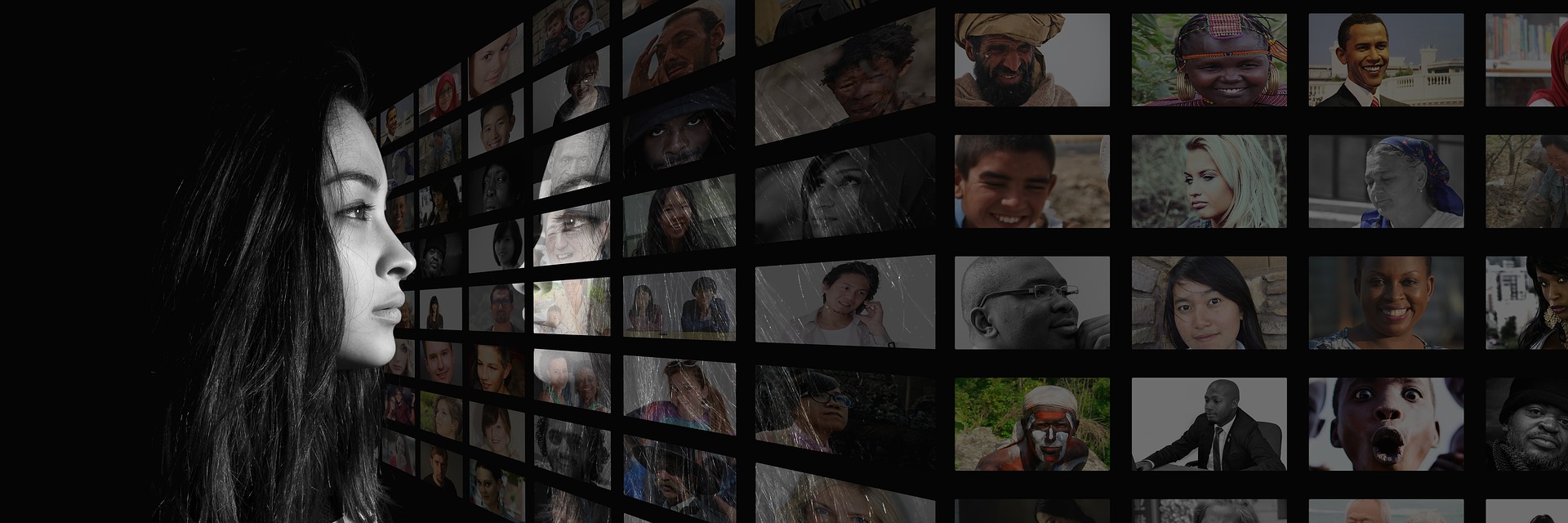One of the leading causes of disability in the U.S. is major depressive disorder (MDD), affecting more than 16.1 million adults each year. Another perhaps more shocking statistic is that about 80% of those people never seek treatment, for various reasons. However, one of the main reasons why so many individuals fail to seek treatment is because of the stigma associated with having a mental health condition. A stigma that, unfortunately, is alive and thriving in our society today.
A few of the misconceptions surrounding depression are that people suffering from the symptoms are:
• Lesser than “normal” individuals
• Unable to hold successful careers, keep relationships, or perform daily tasks
• Able to simply pick themselves up by the bootstraps and “snap out of it”
• People to avoid, as if they have an odd, contagious disease of “crazy”
The examples above, plus many more, make up the stigma of depression, anxiety, and other mental health disorders.
In order to help those who are suffering we need to rid our minds of these fallacies and spread the truth about this serious mental illness. Celebrities can be a big part of the necessary societal change, because of their influence and power of media. And fortunately, they are starting to let their voices be heard. Recently, several Hollywood stars having come forward about their personal experience battling depression:
Sophie Turner from Game of Thrones is a perfect example. She openly spoke about her struggles on Dr. Phil McGraw’s podcast, “Phil in the Blanks.” Sophie was 17 when her mental health took a plunge. Social media was on the rise and, because of her fame, she was publicly criticized for her “bad” acting, weight, and physical appearance. The comments, as they would with any person, took a toll on her. Slowly and subconsciously, Sophie’s view of herself changed. These perceptions left her feeling withdrawn, lonely, unattractive, and sad. She lost the drive to do what she thought she loved…
Turner states, “getting out of bed and getting out of the house” and “learning to love yourself” as some of her challenges. She is now—with the help of therapy, a loving relationship and medication—on the road to recovery.
Ariana Grande has also recently used social media to share her struggle with depression and post-traumatic stress disorder (PTSD). On Instagram, Grande shared her brain scans showing PTSD, and thanked actor/comedian Jim Carrey for inspiring her to heal. Ariana shared her ideas about depression openly, echoing the sentiments of those who believe depression refers to its more literal meaning of “deep rest.” She also brushed upon her longing to break away from who she was constantly portraying to the world—a common problem for celebrities.
Justin Bieber, a 25-year-old singer, recently spoke about his struggle with depression and openly asked for prayers. He is hoping that his admittance to feeling weird, “off,” and disconnected will resonate with his 105 million followers and fans. Bieber is currently being treated for depression and is finally beginning to talk about a darker period in his life, from a few years ago—a period that he admits was shameful and riddled with substance abuse.
These and many other celebrities have experienced first-hand how negatively depressive symptoms can affect their lives, and are openly showing that these disorders truly can affect anyone—no matter how rich or poor. No person is immune to developing depression, and the more we can do to dissipate the stigma behind it, the more lives can be saved.
As one of the leading ketamine clinics in the United States, we see how depression tears people apart from the inside, out. If you are one of the lucky individuals who has no personal experience with depression, then choose to be an ally and help rid the world of its misconceptions. Educate yourself about symptoms, statistics and risks. Then, spread the word. If you are—or have been—a host to depression, try making a conscious effort to share your story, as you never know whose life you could change.
Contact Vitalitas Denver
If you are struggling with clinical depression and have tried such therapies as counseling or antidepressants, without success, please contact our ketamine clinic. We are here to help answer any questions you have about your disorder, and will help you learn if you are a candidate for ketamine infusions.


